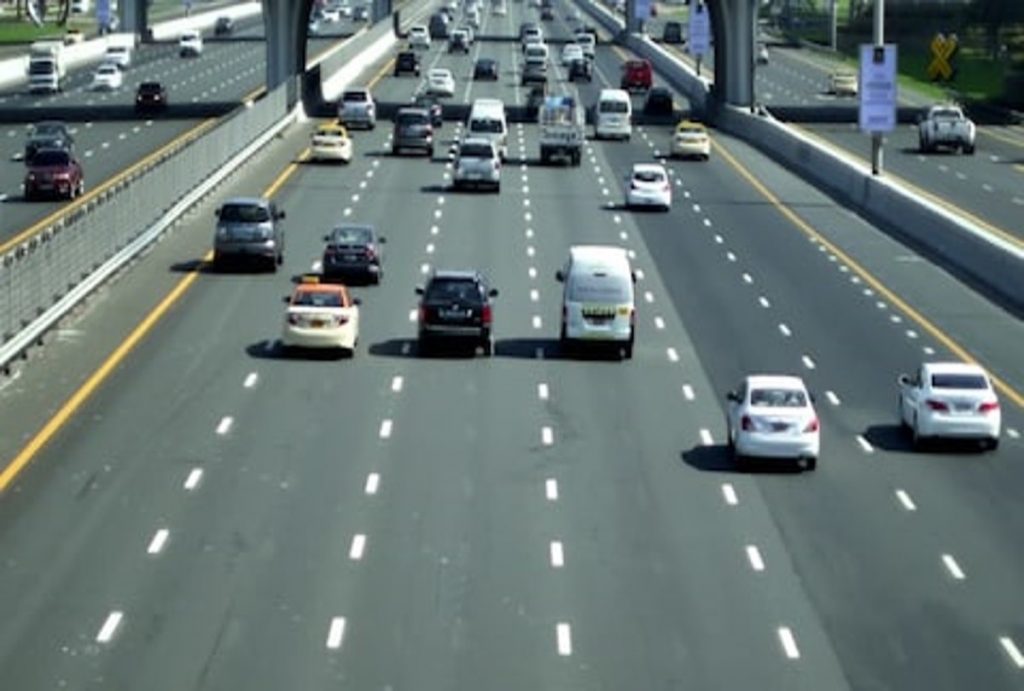US Declares Biden Fuel Economy Rules Exceeded Legal Authority


- GM, Stellantis have paid significant fuel economy penalties in recent years
- Senators say proposal would save automakers $200 million
- Proposal is latest move in Washington to make it easier to sell gas-guzzlers
WASHINGTON, June 6 (Reuters) – The Transportation Department paved the way for looser U.S fuel economy standards on Friday by declaring that former President Joe Biden’s administration exceeded its authority by assuming high uptake of electric vehicles in calculating rules.
The department made the declaration as it published a final “Resetting the Corporate Average Fuel Economy Program” (CAFE) rule. A future separate rule from the administration of President Donald Trump will revise the fuel economy requirements.
“We are making vehicles more affordable and easier to manufacture in the United States. The previous administration illegally used CAFE standards as an electric vehicle mandate,” said Transportation Secretary Sean Duffy in a statement.
The department’s National Highway Traffic Safety Administration (NHTSA), in writing its rule last year under Biden, had “assumed significant numbers of EVs would continue to be produced regardless of the standards set by the agency, in turn increasing the level of standards that could be considered maximum feasible,” it said Friday.
Duffy in January signed an order directing NHTSA to rescind fuel economy standards issued under Biden for the 2022-2031 model years that had aimed to drastically reduce fuel use for cars and trucks.
Late Thursday, Senate Republicans led by Commerce Committee chair Ted Cruz proposed eliminating fines for failures to meet CAFE rules as part of a wide-ranging tax bill – the latest move aimed at making it easier for automakers to build gas-powered vehicles.
Last year, Chrysler-parent Stellantis (STLAM.MI) paid $190.7 million in civil penalties for failing to meet U.S. fuel economy requirements for 2019 and 2020 after paying nearly $400 million for penalties from 2016 through 2019. GM (GM.N) previously paid $128.2 million in penalties for 2016 and 2017.
Stellantis said it supported the Senate Republican proposal “to provide relief while DOT develops its proposal to reset the CAFE standards… The standards are out of sync with the current market reality and immediate relief is necessary to preserve affordability and freedom of choice.”
GM referred questions to a trade group representing the Detroit Three automakers, which said “the current CAFE rules are challenging to achieve for automakers and real regulatory relief is needed,” and praised the Senate Republican proposal.
NHTSA in June 2024 under Biden said it would hike CAFE requirements to about 50.4 miles per gallon (4.67 liters per 100 km) by 2031, from 39.1 mpg currently, for light-duty vehicles.
The agency last year said the rule for passenger cars and trucks would reduce gasoline consumption by 64 billion gallons and cut emissions by 659 million metric tons, cutting fuel costs with net benefits it estimated at $35.2 billion.
Reporting by David Shepardson; Editing by Aidan Lewis and Peter Graff
Share This:
energynow








